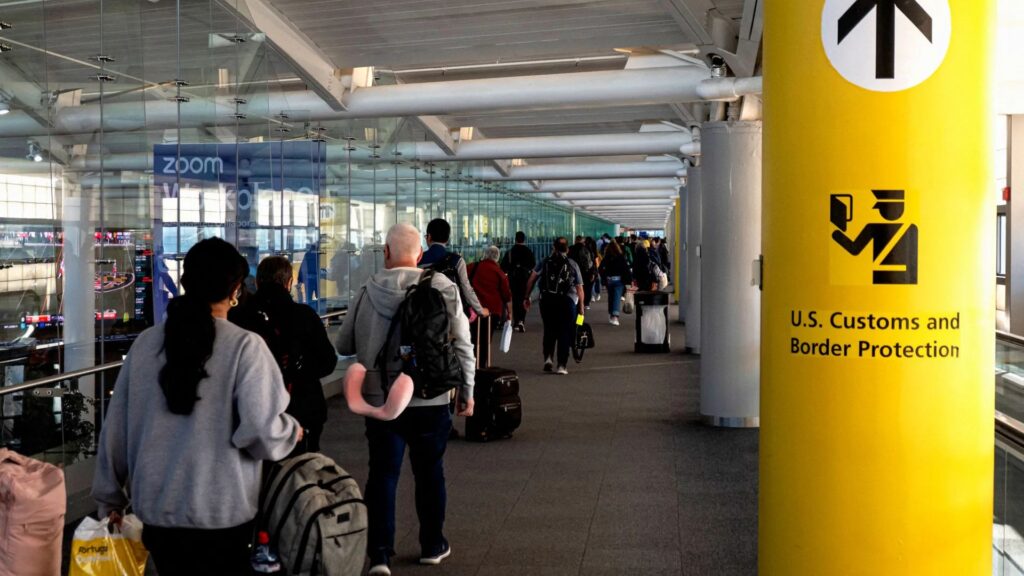
Photograph: Nicolas Economou/Getty Images
The Trump administration announced on Friday a dramatic overhaul of the H-1B visa system, imposing a $100,000 annual fee on companies sponsoring skilled foreign workers. The proclamation takes effect at 12:01 a.m. EDT on September 21, giving visa holders and their employers less than 48 hours to navigate the sudden policy change (BBC).
Emergency Corporate Response
Major technology companies immediately issued urgent travel advisories to their H-1B employees. Amazon advised workers to “stay in the country for now” if they have H-1B status, while Microsoft warned staff to remain in the US “for the foreseeable future” to avoid re-entry complications. JPMorgan Chase, through immigration firm Ogletree Deakins, told foreign workers to “remain in the US and avoid international travel until the government issues clear travel guidance” (Reuters).
Meta similarly instructed H-1B visa holders to stay in the US for at least two weeks until the policy implications become clearer. The rushed timeline has created particular concerns for workers currently traveling abroad who may not be able to return before the deadline.
Indian Professionals Face Immediate Impact
The policy particularly affects Indian nationals, who comprise 71% of all H-1B visa holders. Immigration attorney Cyrus Mehta warned that “H-1B visa holders who are out of the US on business or vacation will get stranded unless they get in before midnight September 21,” noting that those still in India “may have already missed the deadline as there is no way a direct flight from India will get in time” (Economic Times).
The fee represents a massive increase from the current $1,700-$4,500 range that employers typically pay. Under the new system, companies must pay $100,000 annually for each visa, potentially totaling $300,000 over a standard three-year H-1B term (Times of India).
Industry and Legal Reactions
NASSCOM, representing India’s $283 billion IT sector, criticized the abrupt implementation timeline, warning it creates “considerable uncertainty for businesses, professionals, and students across the world.” The organization noted potential “ripple effects on America’s innovation ecosystem” (Times of India).
Commerce Secretary Howard Lutnick defended the policy, stating: “If you’re going to train somebody, train one of the recent graduates from one of the great universities across our land. Train Americans. Stop bringing in people to take our jobs” (Al Jazeera).
Immigration attorneys are preparing legal challenges, with some arguing the proclamation exceeds presidential authority. Immigration policy expert Aaron Reichlin-Melnick noted that “Congress only authorized the government to impose fees to cover the costs associated with processing an application,” questioning the legality of the $100,000 charge (Ogletree).
Market Impact and Future Implications
Stock prices of companies heavily reliant on H-1B workers declined following the announcement. Cognizant Technology Solutions dropped nearly 5%, while Indian firms Infosys and Wipro saw shares fall 2-5%. The policy affects major employers including Amazon (10,044 H-1B workers), TCS (5,505 approvals), Microsoft, Meta, Apple, and Google (Economic Times).
The emergency warnings underscore how Trump’s immigration policies are creating immediate disruption for thousands of skilled workers who have established careers and families in America, with many now facing uncertainty as the September 21 deadline approaches.




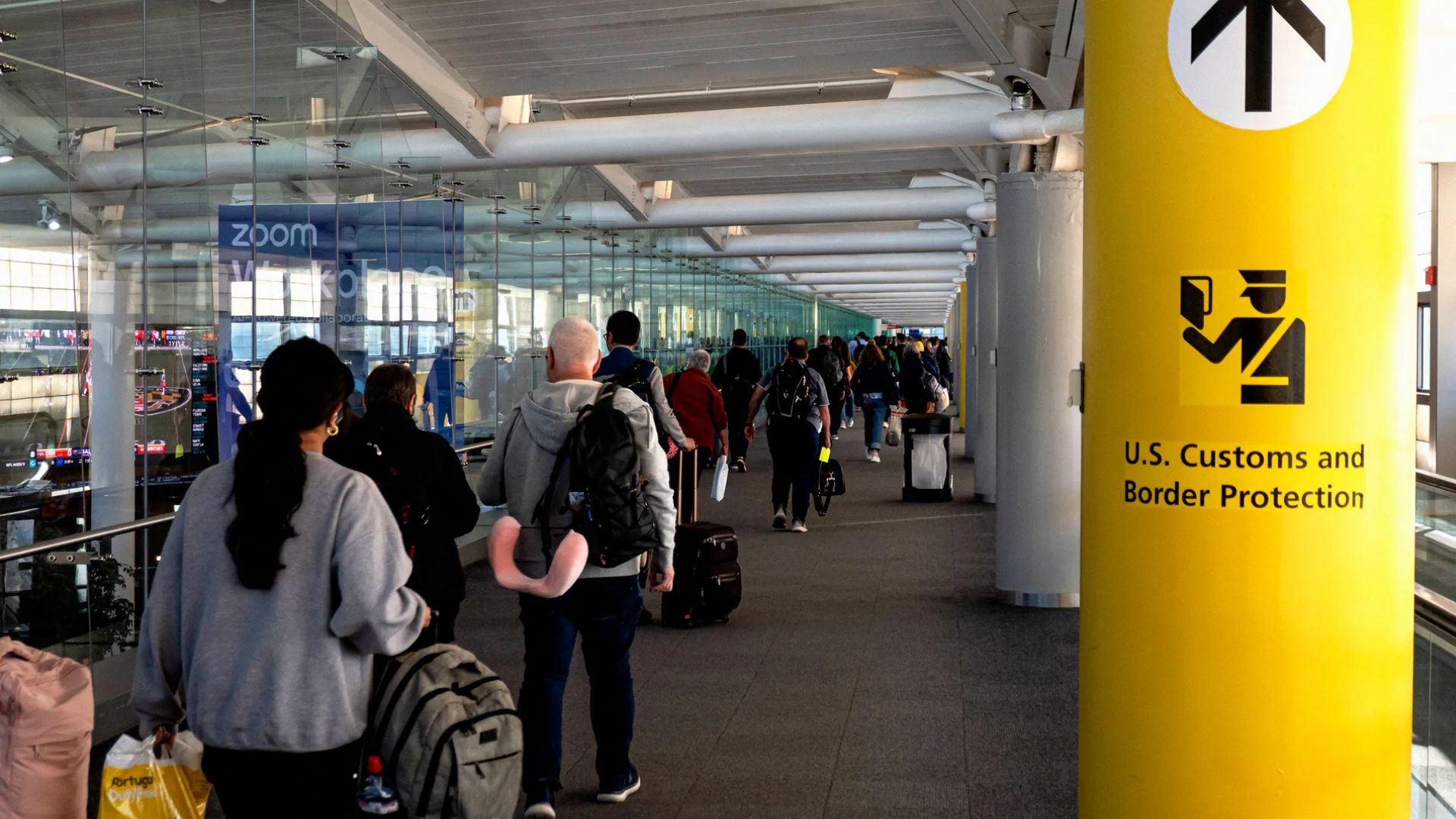
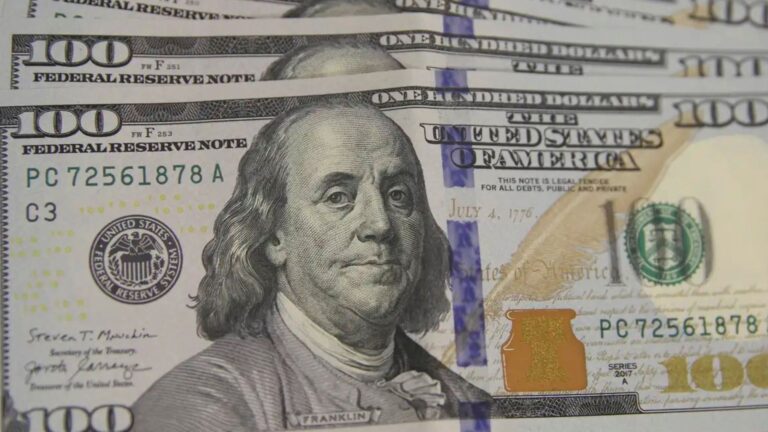
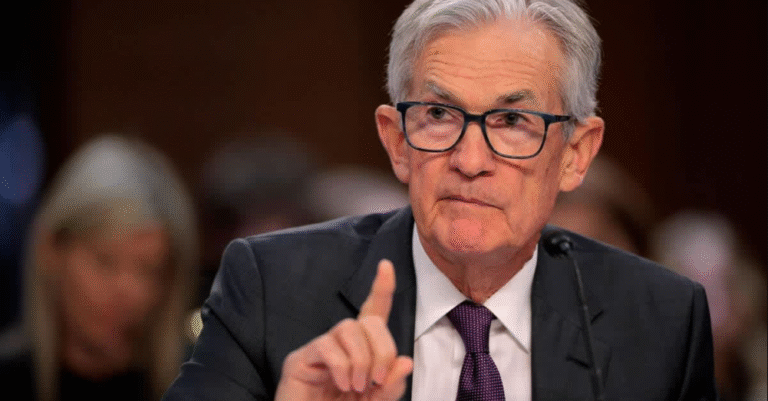
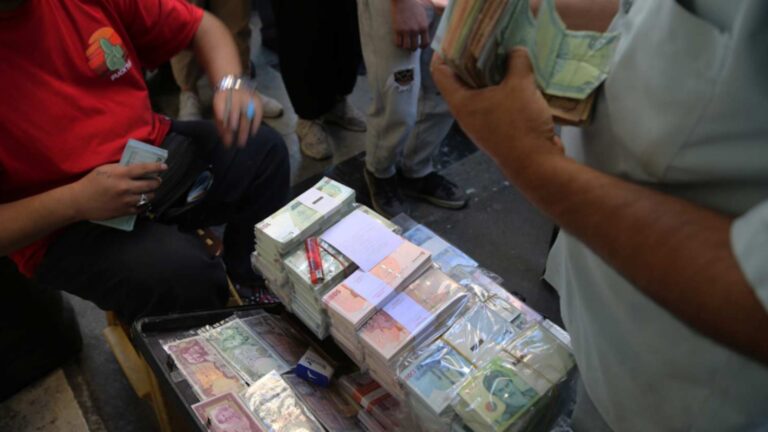





Thanks for sharing. I read many of your blog posts, cool, your blog is very good.